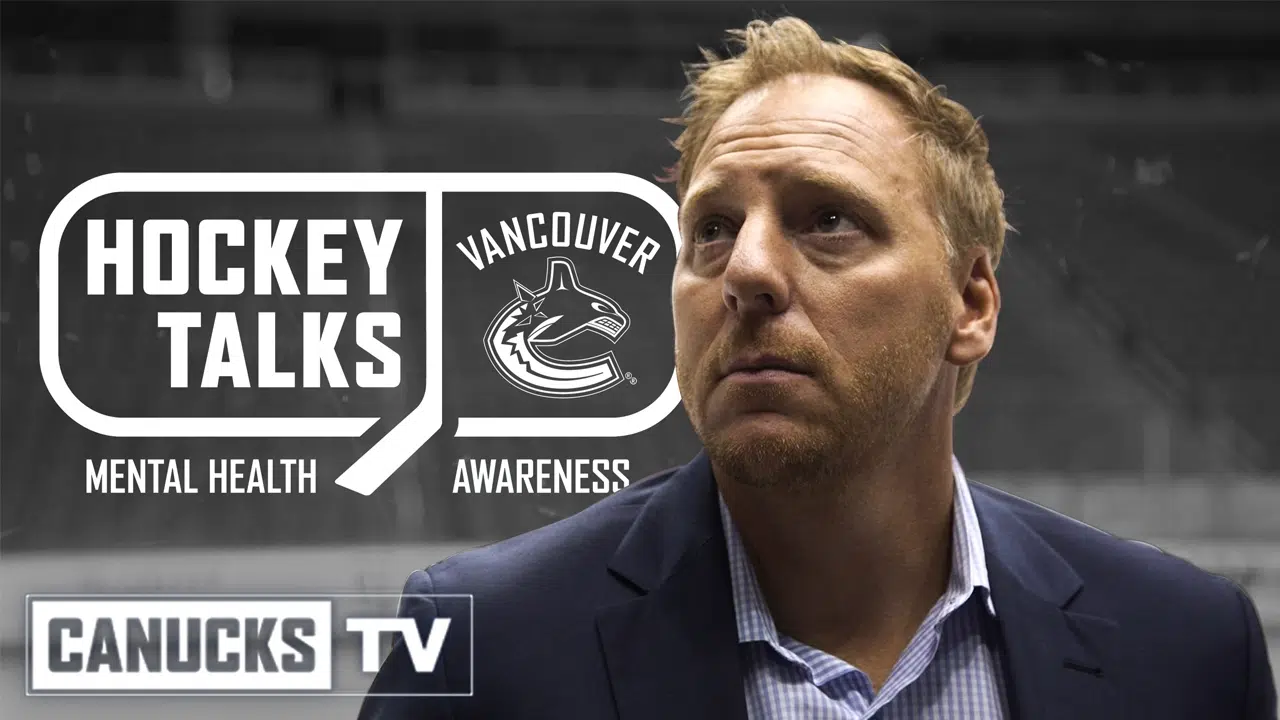
Corey Hirsch shares his story of mental health illness
KAMLOOPS — Corey Hirsch held up a picture of his daughter during her graduation in front of a group of TRU Wolfpack athletes.
He shared what he would’ve missed out on had he taken his own life, and there have been many thoughts of doing so. It happened here in Kamloops with the Blazers and also when he played in the National Hockey League.
In 1994, Hirsch should have been atop the world, winning the Stanley Cup with the New York Rangers. Instead, he told his mom he wanted to end his life atop the Empire State building.
“I just told her that I wanted to jump off it basically,” he said. “She didn’t know what to do and I didn’t know what to do. It was because there was no hope.”


